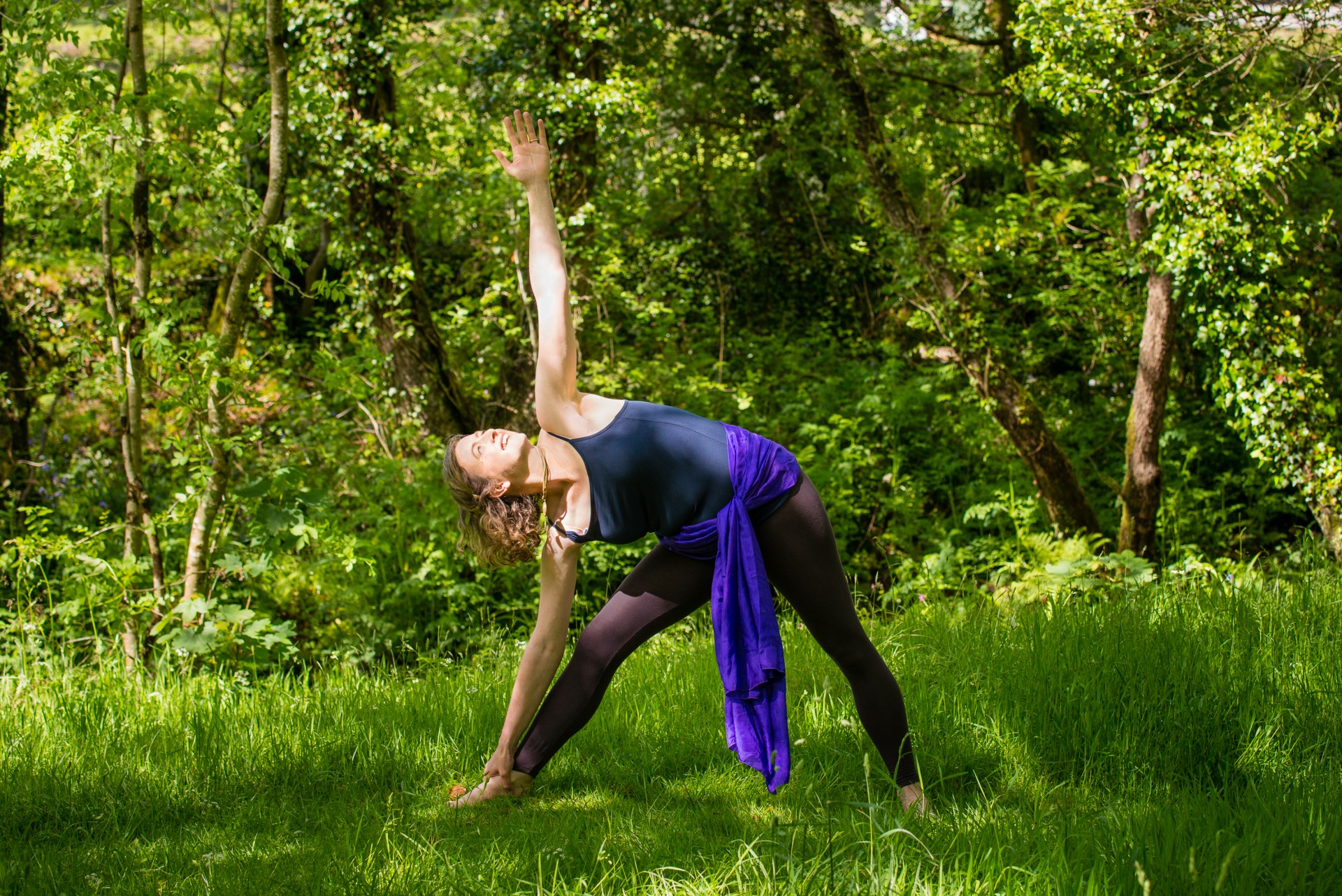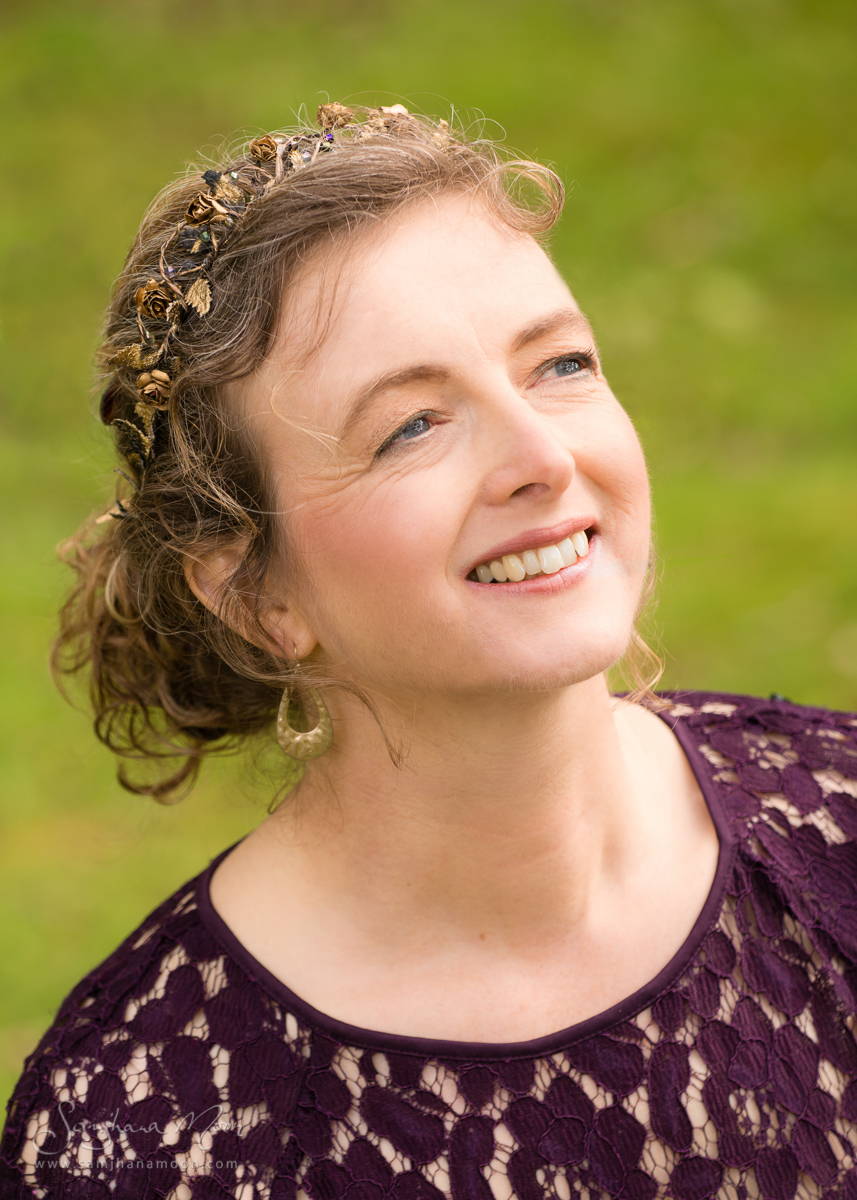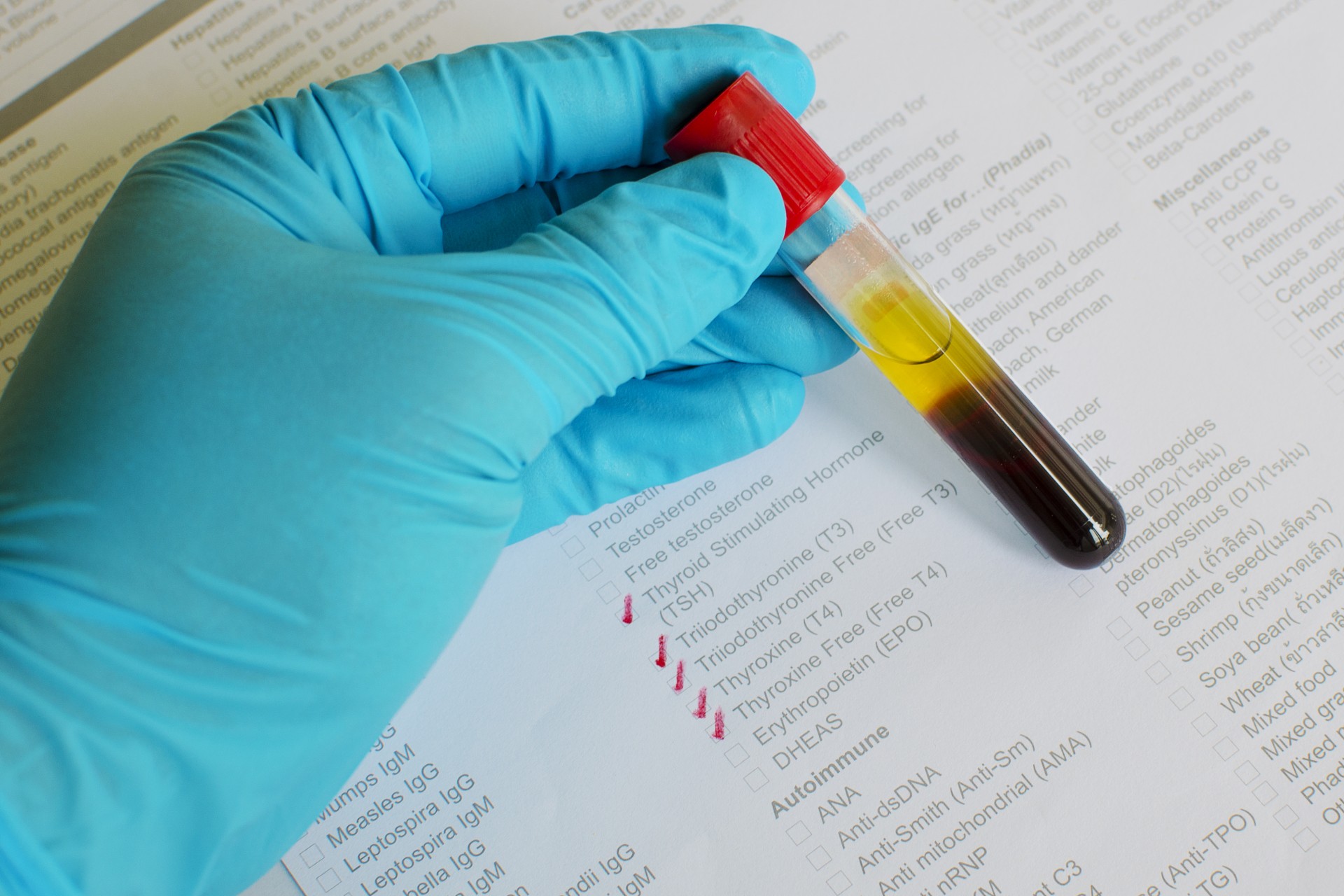PART TWO
5. There has long been a controversy among medical authorities as to whether Bio-Identical Hormone Replacement Therapy (BHRT) is justified as compared with conventional HRT for women during menopause. Why is this issue so controversial and what does the published scientific evidence and clinical experience reveal? What does NICE have to say on the subject?
In the UK a lot of this controversy is related to doctors’ education around the idea that the NHS and the National Institute for Health and Care Excellence (NICE) is correct on all scores. In fact it has become increasingly evident that anybody questioning NICE’s authority and absolute correctness runs the risk of professional questioning – the reverse of the ability to whistleblow.
NICE menopause guidelines however are quite clear – firstly women should be offered complementary non hormonal options for managing menopause (which most GPS have insufficient knowledge of and will not have time to do). Secondly individualised care is key – something that I honestly do not feel we have time to offer in the NHS. Under psychological symptoms it states that the recommendation is to use Cognitive Behavioural Therapy (CBT) to alleviate low mood or anxiety – firstly CBT is only available for severe depression and then with at least a 6 month waiting list, and secondly CBT s only one psychological modality – yet the only one recommended by NICE as the only one with large scale trials. I would like to remind your readers here that lack of evidence of effectiveness is not the same as evidence of lack of effect, yet guidance that appears to restrict what people can try (even on their own initiative) will continue to reduce evidence available. For altered sexual function, NICE guidance recommends the use of testosterone – we know this to be effective, but on the NHS there is no licenced product. Therefore very few GPs will feel able to prescribe this. Bioidentical Hormone Replacement Therapy (BHRT) includes testosterone where we find a need for it with our testing methods.
This is only an analysis of a small part of this particular NICE guidance, in the limited time available today, but it does give some idea of the restrictions experienced by GPs.
Unusually, BHRT is mentioned in the NICE guidance. In section 1.4.15-17 the guidance advises about “Complementary therapies and unregulated preparations” – specifically, “Explain to women that the efficacy and safety of unregulated compounded bioidentical hormones are unknown”, and “Explain to women who wish to try complementary therapies that the quality, purity and constituents of products may be unknown.”
Later in the guidance, it mentions that with a higher risk of venous thromboembolism and stroke, transdermal rather than oral HRT is recommended – and almost all BHRT that I use are transdermal or sublingual, both of which reduce these risks as they bypass the need for liver breakdown of the products, also allowing much lower doses to be used than when given orally.
Dr Alison Grimston MBBS BSc MPhil DRCOG MRCGP DFFP
6. Last month You and Yours on Radio 4 claimed that BHRT was being mis-sold [available on BBC iPlayer]. Can you please tell us what you think of this claim and why it was made? Does it refer to all practitioners using BHRT?
I found this radio show interesting. In common with all media, shows will bias their presentations according to the point that they wish to make. I am aware of several BHRT doctors who were interviewed for this show, but because they did not claim greater safety and because they had the relevant research to hand, their interviews were not aired. I find that whenever I hear or read media coverage of items that I know about, it reminds me of the inherent bias in reporting used to sell papers or listeners. As I have stated above, there is no or little evidence that BHRT is safer than HRT, but there are scientific reasons to suggest that it may be the case, and many women use their intuition when looking into their options around the menopause, recognising that inherently it must be better to use non hormonal or bio-identical approaches where possible. Certainly not all practitioners make unrealistic claims around BHRT.
7. In your experience, which patients benefit most from BHRT and for those in the UK, how might they get access to this therapy?
In my experience patients who benefit most from BHRT are those who are prepared to embrace a more holistic approach to their healthcare, rather than searching for a quick fix solution. Unfortunately the way in which health care is managed in the UK and many other western countries is one of taking a ‘band aid’ approach to health care – find the symptom and treat that, rather than looking carefully for the underlying cause. I take the time to explain to patients that their health problems are more deep-seated than that. All the hormone systems interact, and careful assessment, both in terms of history and laboratory testing, is necessary in order to elucidate whether their problem really is a purely sex hormone one, or one of oestrogen deficiency (which is often the assumption, not only of patients but also of doctors), or in fact a combination of thyroid, sex hormone and adrenal imbalance, for example. Those patients who get best results are also often those with the worst symptoms, as they are more aware of any improvement that occurs, however slight.

I would also like to point out here that BHRT does not only include oestrogen, progesterone and testosterone; bio-identical melatonin, DHEA and pregnenolone are also examples that may be available.
Using my approach, I will help a patient assess the foundations of good health as well as the specific hormone groups, and help them to address underlying sleep, toxin (such as environmental xenoestrogens from plastics to name one example) and stress issues, for example.
In the UK, it is possible to access BHRT therapy by looking for a BHRT specialist doctor; there are several available. When selecting one, I would recommend using one that takes a functional medicine, holistic approach, rather than a standardised, one-size-fits-all approach.
8. When it comes to managing a patient’s endocrine system, as well as its interaction with the immune and nervous systems, what other kinds of modalities do you recommend to help rebalance a patient’s hormonal balance?
I would recommend methods that help to balance the foundational areas of health – stress, values and vision, fun, exercise, nutrition, detoxification, supplementation and antioxidants, with a strong emphasis on adequate sleep. These could include life coaching, Heartmath ®, mindfulness and meditation, yoga, reflection, journaling, keeping a food diary, revamping your kitchen, reviewing nutrition, reducing allergens, methods to boost natural melatonin production, a deeper understanding of individual sleep patterns, reviewing all personal care products for the presence of unwanted chemicals such as parabens and sodium laurel sulphate, and much more. It is worth pointing out here that the type of exercise and timing of it will vary depending on the hormone imbalance detected. It may be necessary to eliminate dietary allergens such as gluten and dairy products to bring about full rebalancing.
In addition, as mentioned earlier, the importance of identifying and addressing all affected hormone systems, and underlying gut issues such as gut permeability, irritable bowel syndrome, and small intestinal bacterial overgrowth, cannot be underestimated.
"It may be necessary to eliminate dietary allergens such as gluten and dairy products to bring about full rebalancing" Dr Alison Grimston
9. How comprehensive was your medical training and ongoing professional development as an NHS doctor in terms of what you consider now to be essential knowledge if you’re to deliver high quality primary care? How much additional training have you undertaken that might be regarded as atypical for most NHS GPs?
Firstly, I think that high quality primary care is difficult to achieve within the current constraints of the NHS. So in terms of essential knowledge, given that GPs are expected to know about everything from heart failure to gynaecology to dermatology to recognising cancer to dealing with weight loss and stress, I think that GPs do fine with the current appraisal system. I am extremely grateful to my own appraiser, who suggested that I attend a ‘hot topics’ type course to keep up to date in as many areas as possible. This was and is invaluable. However, patients still expect us as GPs to know everything about their particular problem, and it is just not possible.
Even with my knowledge, I still feel I am unable to provide high quality primary care (although my testimonials suggest that my patients feel that I do well) in the way in which I’d like to. I am even unable to provide such within my specialist area of expertise, because many of my areas of speciality are not recognised by the current system. Time and budget constraints are also very real. As an example of the pressure that the NHS primary care service is under, I received an email today that indicates that, given that most GPs do not wish to work full time, there is a deficit of approximately 50 GPs in the Eastbourne, Hastings, Hailsham and Seaford area alone. Coping with such a deficit will only lead to more and more physician burnout.
One of the main blocks to acknowledgement of other people’s expertise is an arrogance among doctors that fundamentally is related to their own stress, and the pressure they feel to “always be right”. One of my personal development mentors showed me how powerful it is to “release the need to be right” – which means that you no longer have to imply that others are wrong.
Most of my additional training has been mentioned above, however, I am currently doing a 3-year qualification in Nutritional Endocrinology, which goes to grass roots level and basic science and biochemistry, as well as touching on traditional Chinese medicine techniques, Chinese herbalism, and supplements. I have also had training in life coaching and health coaching. I have done training with the British Menopause Society in menopause specialist knowledge. I did a BSc in pharmacology and an MPhil in Physiology and microcirculation. I have trained in personal development (which is very powerful) and meditation. I have done training specifically in the hypothalamus-pituitary axis and in a functional approach to the thyroid gland. I have done extensive training in gut issues, the clinical management of the digestive system, and small intestinal bowel overgrowth (SIBO). I am also a certified insulin resistance practitioner. My spiritual healing training was enlightening, and fits well with my experience as a GP of patients in the terminal care of cancer, who may experience total body pain if they have not worked through spiritual issue such as forgiveness.
Comprehensive thyroid function tests are not available through GPs
In terms of business, I have trained in social media, online programs, running retreats, running effective and powerful VIP days, marketing, and launching. My first online program, on menopause, is being launched in October 2016.
10. The UK has a new Prime Minister, and she’s a woman. What do you think are going to be the biggest health challenges our society will face in the coming two decades, especially in relation to women’s health? What might we all be able to do to offset these risks?
This is such an interesting question!
In terms of the health challenges of society over the next 2 decades, I think some of the things that have to be addressed are the wasteful approach of the pharmaceutical medical system, with a lack of consideration for or respect for the environment. One of the problems, for example, with pharmaceutical HRT, is that our bodies cannot process it properly, as they can proper, bio-identical HRT. Another example that troubles me on a daily basis is that today’s health and safety rules are so stringent, that we can no longer clean, sterilise and re-use medical instruments such as those used for gynaecological examinations and coil insertions. Instead these are disposed of, into land fill sites or incinerators. This is a non-sustainable approach to providing healthcare and one which is very rarely acknowledged or talked about.
Another aspect is the ‘quick fix’ approach to health that is rife in the Western world. The current approach of both medicine and the population and culture is that when we get sick, we go to a doctor to get fixed. If the doctor doesn’t fix us, then we complain.
What I discovered during my own healing journey through my back and my stress/ burnout was profound. Firstly, nobody else can make us better – only we can. If we develop a symptom – say, of heartburn – and go to the doctor to get it fixed, rather than addressing the lifestyle habits that created the problem in the first place – maybe of eating the wrong things, drinking too much alcohol, smoking, timing our meals incorrectly, or not dealing with our stress levels or our response to stress – then the problem will recur or reappear in another way – maybe as a heart attack or a stomach ulcer. Fundamental in this process is the development of a sense of responsibility for our own health. We need to treat our body with more respect; after all we want it to last a lifetime, whatever our spiritual beliefs. In countries where the public has to pay for health care, they tend to be more pro-active about their health – in America, Malaysia, Singapore, and the Philippines for example.
Dr Alison Grimston practising yoga in a natural environment
Gaining a sense of a vision for what we want out of life is important for us to be moving forward on a daily basis, leading us to challenge our status quo and become a better, bigger person.
In terms of the health service, the fundamental approach needs to change – from a ‘fixing’ approach of doctors ‘making’ (which sounds very forceful) people better to one of being a catalyst, empowering and inspiring people to take steps to heal themselves. The current approach, dependent on medication and surgery alone, is costly and tends to bring about temporary relief. In addition, it leads to burned out doctors and healthcare professionals who have given their all and can do so no more.
In terms of women’s health, my experience tells me that, in order to thrive, women need to recognise their strengths, which are often grounded in creativity, intuition and nurturing. One of the reasons that I feel it is so important to address burnout in professional women is that our current business and professional systems are built on a masculine model of competition, ‘success’ at the expense of others, and to a rigidly logical approach. Women do not thrive in this environment. Women are particularly good at empowering others, encouraging teamwork, and accepting and listening to their intuition and gut-feelings. I feel that stress is one of the major problems facing the world today, both in terms of health and productivity. Women who are able to work in a more holistic way are less stressed.
Of course there will be those who feel that these are sexist comments, but you asked specifically about women. In fact, this is a spectrum, and for each of us, male or female, to succeed at our optimum, we need to recognise, tap into and make the most of both our masculine and feminine properties – but not one at the expense of the other.
Thank you so much for your time and for asking me such interesting and insightful questions.
Dr Alison Grimston MBBS BSc MPhil DRCOG MRCGP DFFP











Comments
your voice counts
17 August 2016 at 7:22 pm
great interview, many thanks! Wonderful to hear from a truly enlightened medical practitioner..for once ;)
18 August 2016 at 11:27 am
We're glad you like the feature!
18 August 2016 at 10:39 pm
Great interview and truly wonderful medical practitioner with an open mind and even bigger heart. I wish you all the best in the future. From a fellow disillusioned GP.
24 August 2016 at 9:53 am
Thank you Ilan.
27 January 2017 at 6:49 pm
Dr Alison Grimston, Thank you for continuing to research, practice and holistic care that will surely, become the future in supreme health care provision. Despite your personal health challenges (perhaps, in part, due to them), you continue making fantastic contributions to research and practice. As a long-term patient with hypothyroidism and sjogrens syndrome, I appreciate your ongoing interest in endocrine autoimmune disorders. Especially, in promoting shared care whereby patients become partners in care because they are knowledgeable.
As a retired RGN who suffered (and still suffers from), burnout working within the NHS, I applaud you from the bottom of my heart. I wish you well.
Angela Roberts BA(Hons), (Warwick), BSc Nursing (Merit), Diploma (MH Nursing), FAETC
Your voice counts
We welcome your comments and are very interested in your point of view, but we ask that you keep them relevant to the article, that they be civil and without commercial links. All comments are moderated prior to being published. We reserve the right to edit or not publish comments that we consider abusive or offensive.
There is extra content here from a third party provider. You will be unable to see this content unless you agree to allow Content Cookies. Cookie Preferences